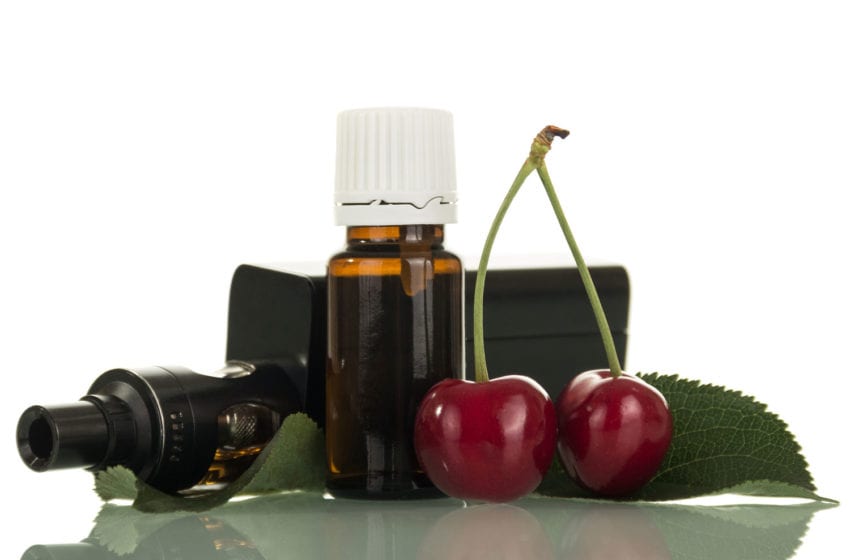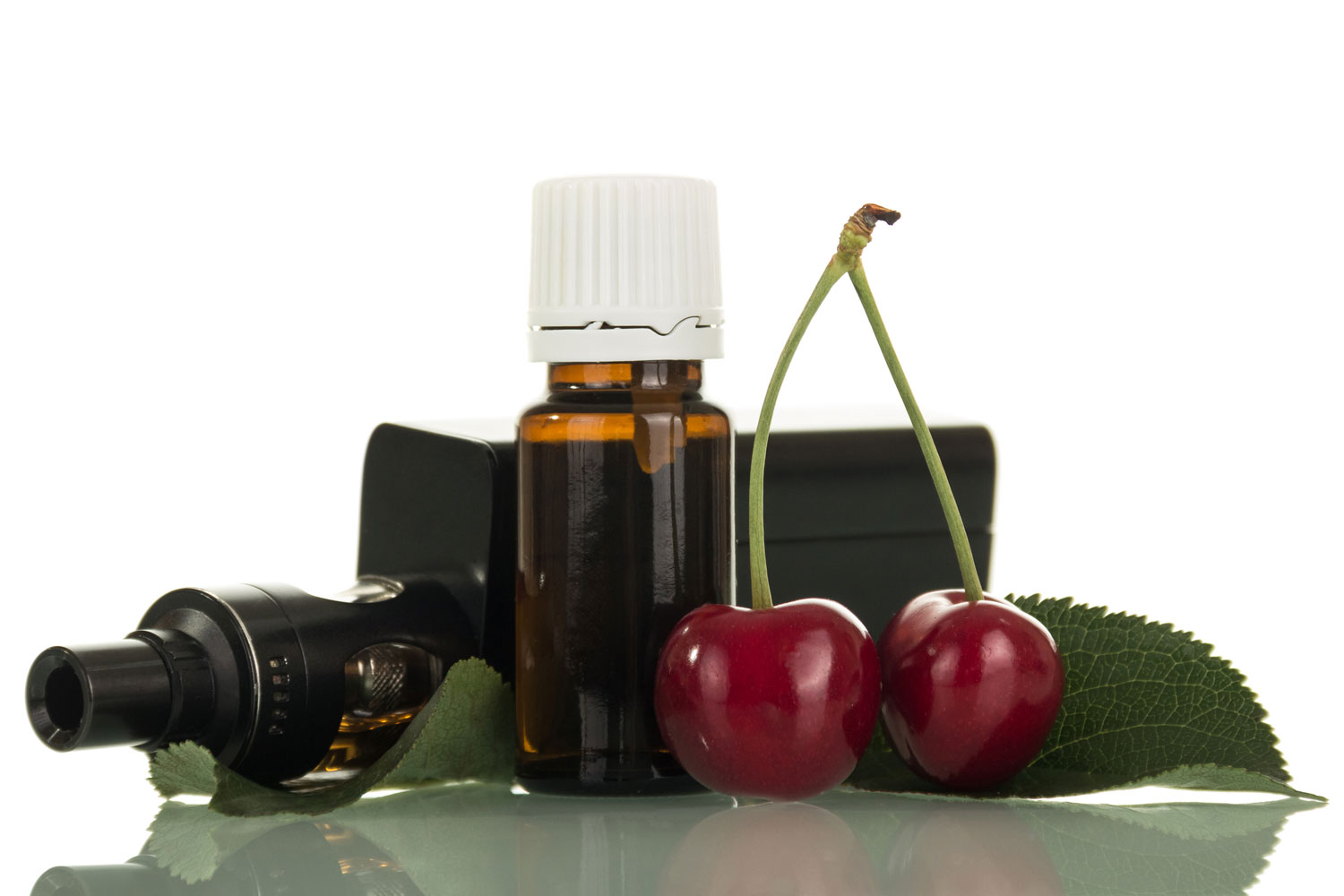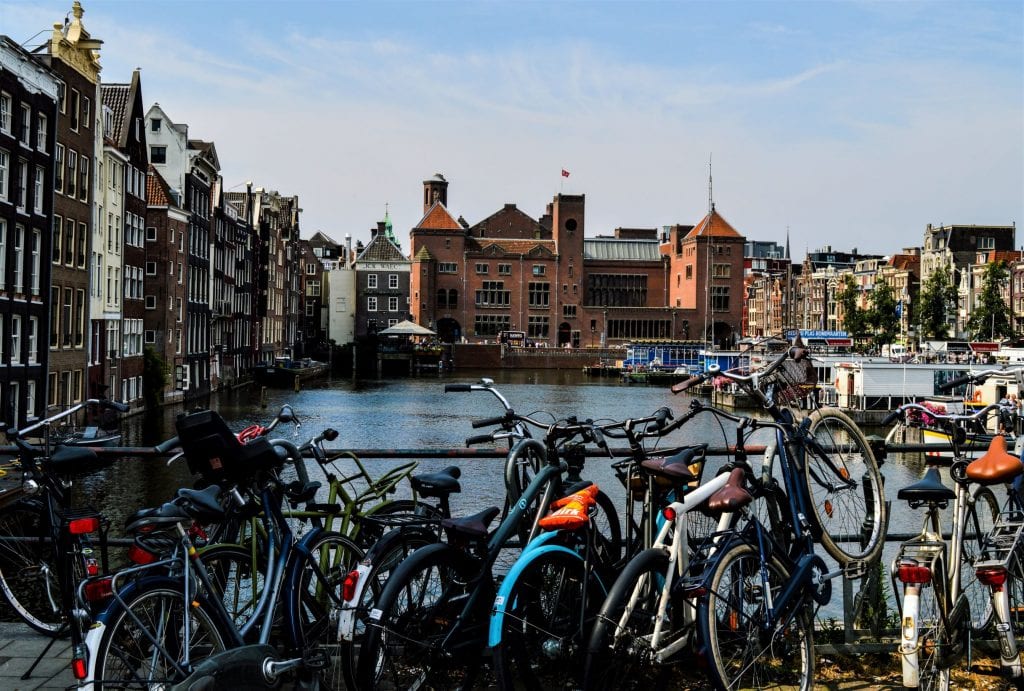The Property Rights Alliance submitted comments to express its significant concerns about the Dutch Executive Order– a proposed bill that would introduce plain packaging (PP) for vaping products and e-cigarettes from 1 January 2022. This measure will create an inhospitable environment for intellectual property rights. Intellectual property rights are human property rights covering dynamic assets and should never be weakened or diluted to meet other political objectives.
In the International Property Rights Index, which is the world’s only index entirely dedicated to the measurement of intellectual and physical property rights, Netherlands ranked 10th out of 129 countries, with a score of 8.273. Regulations such as plain packaging that reduce the ability of owners to use their trademarks erodes such a positive ranking. The scores on the IPRI have robust correlations with Global Biotech Innovation (.92), Global Entrepreneurship (.90), and with Institutional Quality (.91). Indicating that countries with weak protections fail in other areas, the strongest correlation with the IPRI is with the Corruption Perception Index (.93), and specifically with Illicit trade (.89).
Plain packaging, which removes branding (trademarks, colors, corporate logos) has failed to reduce smoking prevalence everywhere it has been tried. In France, where plain packaging has been in force for over three years (implemented on January 1, 2017), published data confirms the policy’s dismal record. The French Customs Office (L’adminstration des Douanes) reported in the course of 2017, a 4% increase in the number of cigarettes purchased compared to the same period of the previous year. The European Tobacco Harm Reduction Advocates (ETHRA) had expressed their concern that measures like standardized packaging will make vaping more expensive, which will prevent adults from turning to these safer solutions and thus prolong the duration of smoking”.
According to the Public Health England (the English Government Public Health agency) and the Tobacco Advisory Committee of the UK Royal College of Physicians, vaping is at least 95 per cent less harmful than smoking. They have emerged as the most popular, and successful, quitting method in countries where it is available, such as in the UK, US, EU and Canada. One of the main findings of the Public Health England (PHE) evidence review is that e-cigarettes could be contributing to at least 20,000 successful new quits per year.
Trademark is a tool for innovators to prevent consumers from being confused by materially different products. Intellectual property fosters economic growth and creates millions of jobs by giving people the incentive to be creative and innovative. In Europe, according to the EU Intellectual Property Office, trademark sectors employ the most of all IP-intensive sectors, namely 30 percent of the workforce directly and indirectly. Protecting intellectual property for vaping products allows innovators to respond to consumer demands for reduced-harm products that had revolutionized the tobacco market. These innovations literally save lives and move science forward. Government regulators that apply plain packaging to vaping products, as they do to tobacco products, reinforce the inaccurate message that they just as harmful or more so.
Tobacco and vaping products are the most illicitly trafficked products in the world. Plain packaging has shown that it not only fails at decreasing smoking rates, but that it may also be connected to increases in illicit sales of tobacco. After Australia adopted plain packaging, illicit tobacco consumption increased by 14 percent. Removing trademarks on packaging allows illicit markets, including counterfeiting, easier access to unwilling consumers and retailers. Plain packaging would lead to a dramatic rise in the illegal e-cigarette market where plain-packaged cigarettes can be copied much more quickly than the branded packs.
IP rights like trademarks and brands should be protected for consumer welfare. Governments should introduce modest regulations for e-cigarettes and product safety approaches. The introduction of the proposed legislation constitutes a breach of the IP rights and right of expression of the manufacturers. The freedom of speech supports the freedom of industry to articulate its ideas without fear of retaliation or legal sanction, such plain packaging.
This opinion was written by Chrysa K. Kazakou for The Property Rights Alliance.












